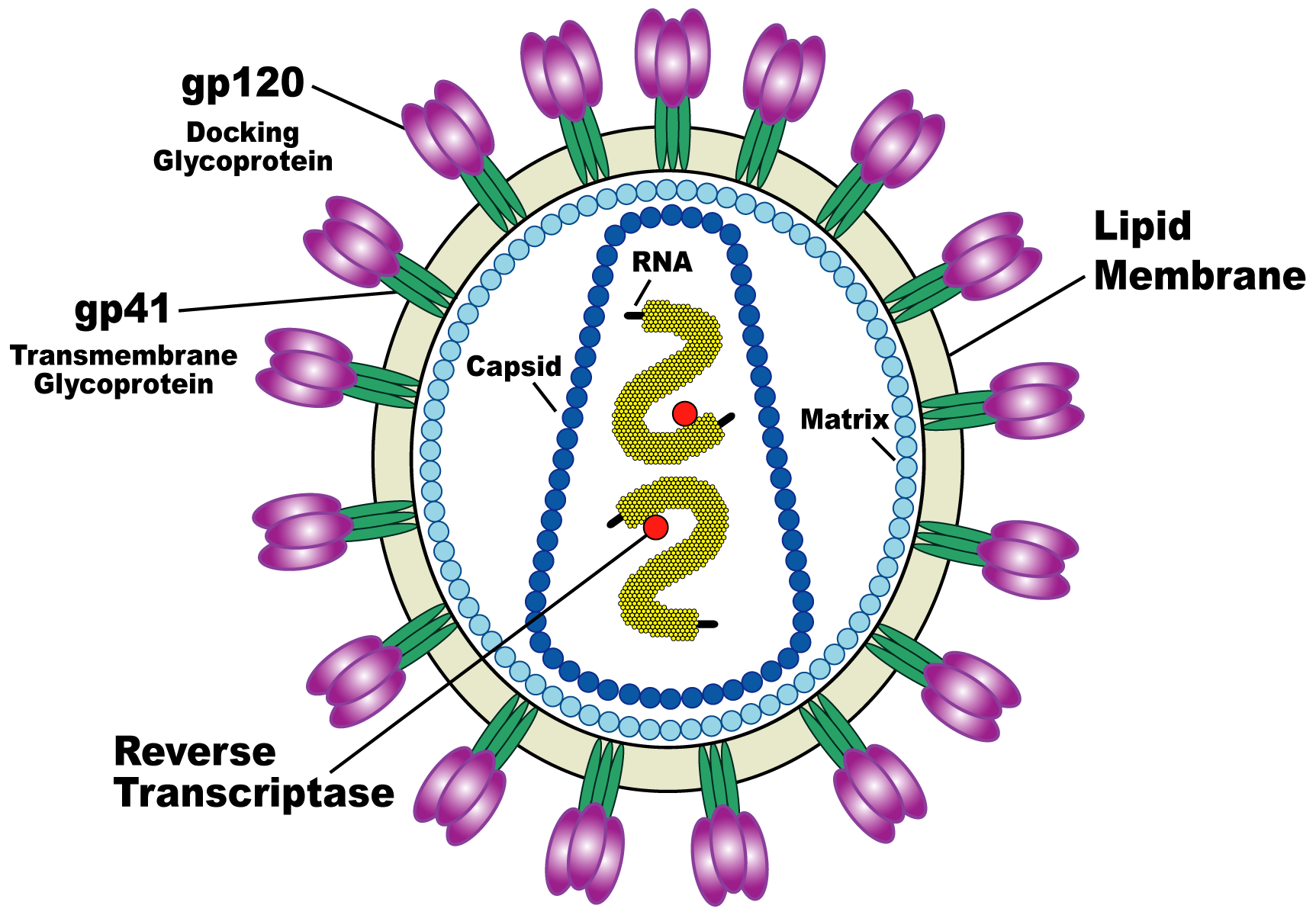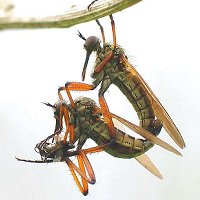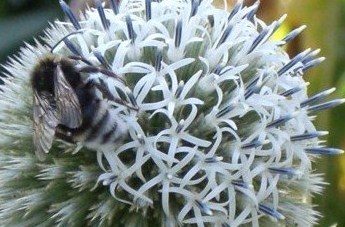 H1N1 Vaccine: Examining Benefits Vs. Risk For Individuals
H1N1 Vaccine: Examining Benefits Vs. Risk For IndividualsThe CDC has released 3.4 million doses of the H1N1,or swine flu,vaccine, which will be distributed...
 HIV Halted By Plants
HIV Halted By PlantsHIV/AIDS has been one of the most devastating diseases of the twenty first century. Since the discovery...
 Genetic Fitness - Biological Bias, Not Societal, Explains Promiscuous Men And Chaste Women
Genetic Fitness - Biological Bias, Not Societal, Explains Promiscuous Men And Chaste WomenIn general, science is like an episode of "LOST"; one question gets answered but that answer raises...
 HIV Vaccine From Gene Therapy?
HIV Vaccine From Gene Therapy?HIV/AIDS has left its mark on mankind. Millions of people have been lost to a disease that seems...








